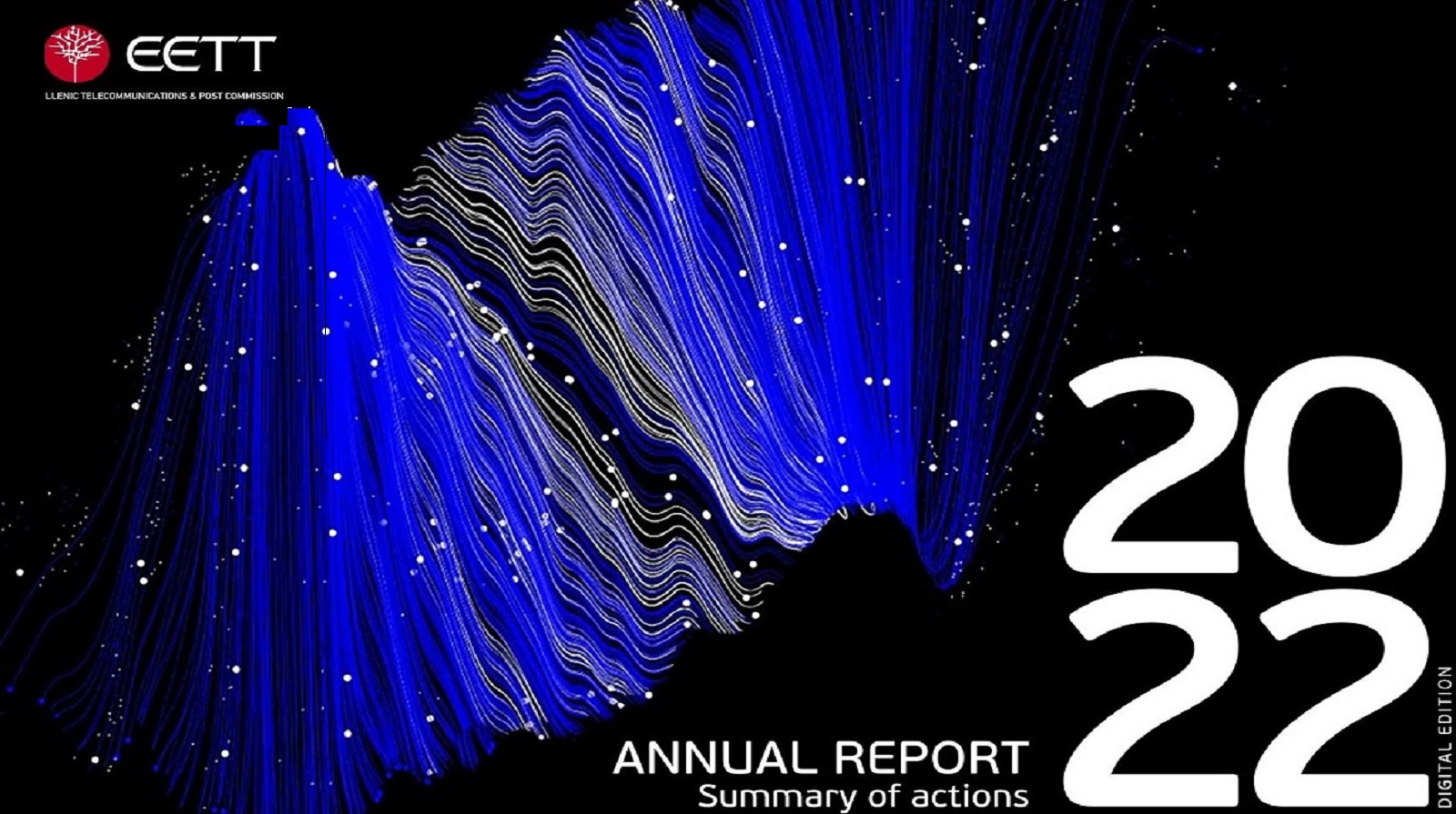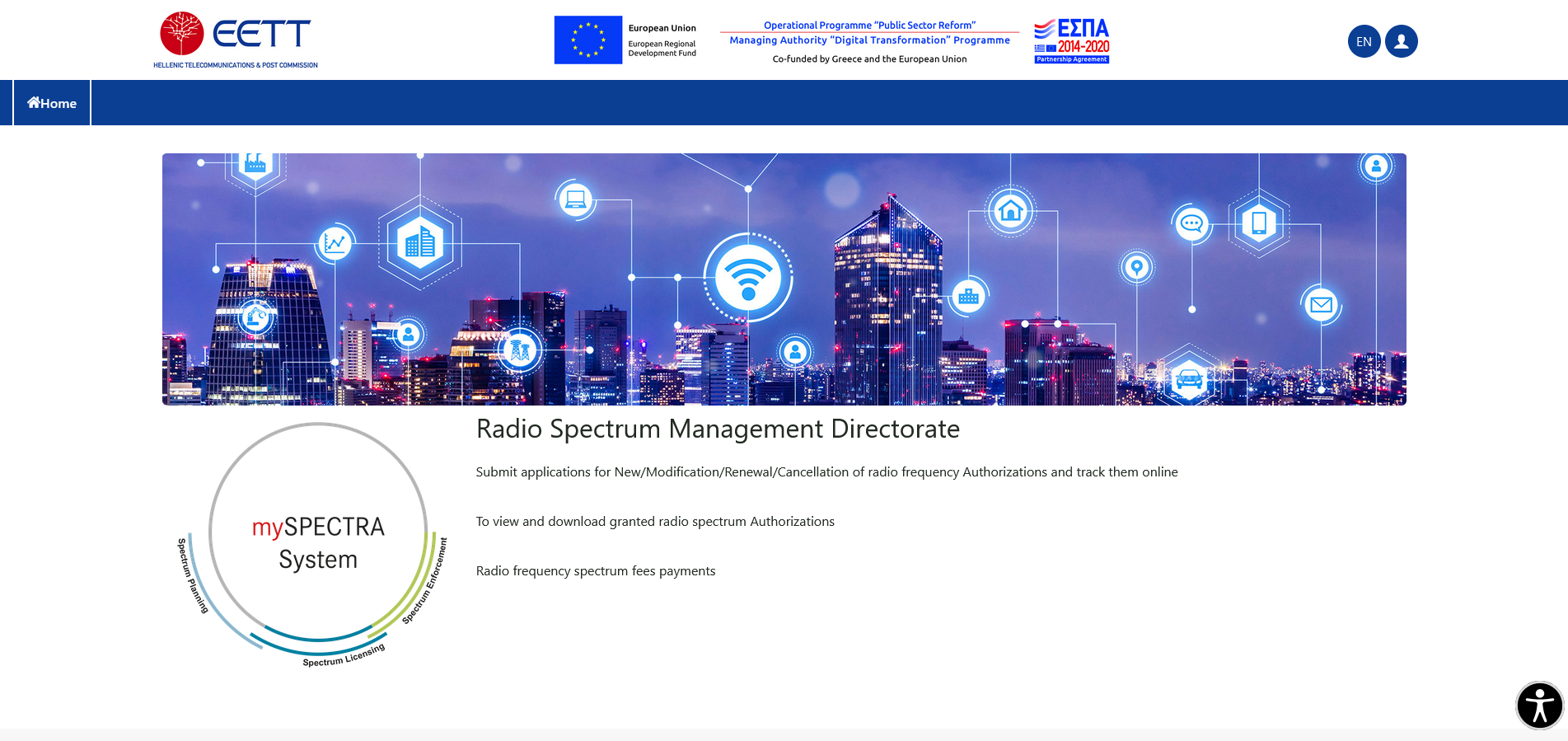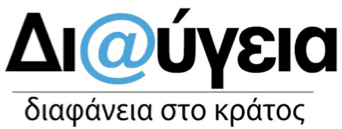EETT has the following responsibilities regarding the use of radio spectrum:
- It grants, revokes or restricts the rights of use for radio frequencies (licensing) for the provision of electronic communications networks and/or services and the use of radio equipment, including the use for research, experimental, testing and demonstration purposes, as well as fixed and mobile links for program transfer, with the exception of the following:
- State electronic communications networks.
- Networks and individual stations used by radio amateurs.
- Citizens band (CB) service stations.
- Analog television and free-to-air radio broadcasting (in terms of signal broadcasting to the public). This exception does not include any electronic communications infrastructure used for transferring the radio signal to the point of transmission.
EETT keeps a National Frequency Register, which contains all information necessary for assigning radio frequencies, to ensure that any assigned frequency can be used without any problems. The illegal use of a radio frequency may cause serious interferences to different networks (e.g., emergency services, air navigation, mobile telephony networks) and constitutes an offense subject to criminal and administrative penalties.
- Through the Spectrum Monitoring Planning Department and the Spectrum Monitoring Departments in Athens, Thessaloniki, Heraklion, Crete and Patras, ΕΕΤΤ supervises and monitors the legal use of radio spectrum and investigates, on a daily basis, interferences, either on its own initiative or upon a complaint, in order to verify infringements. In addition, on-call teams work throughout the year on a 24-hour basis to promptly address any interference that might cause problems to the systems of air and sea navigation and security/armed forces, presenting a risk to the safety of human life. Where, following an inspection, an infringement relating to spectrum use is found, EETT will impose the penalties provided for.






